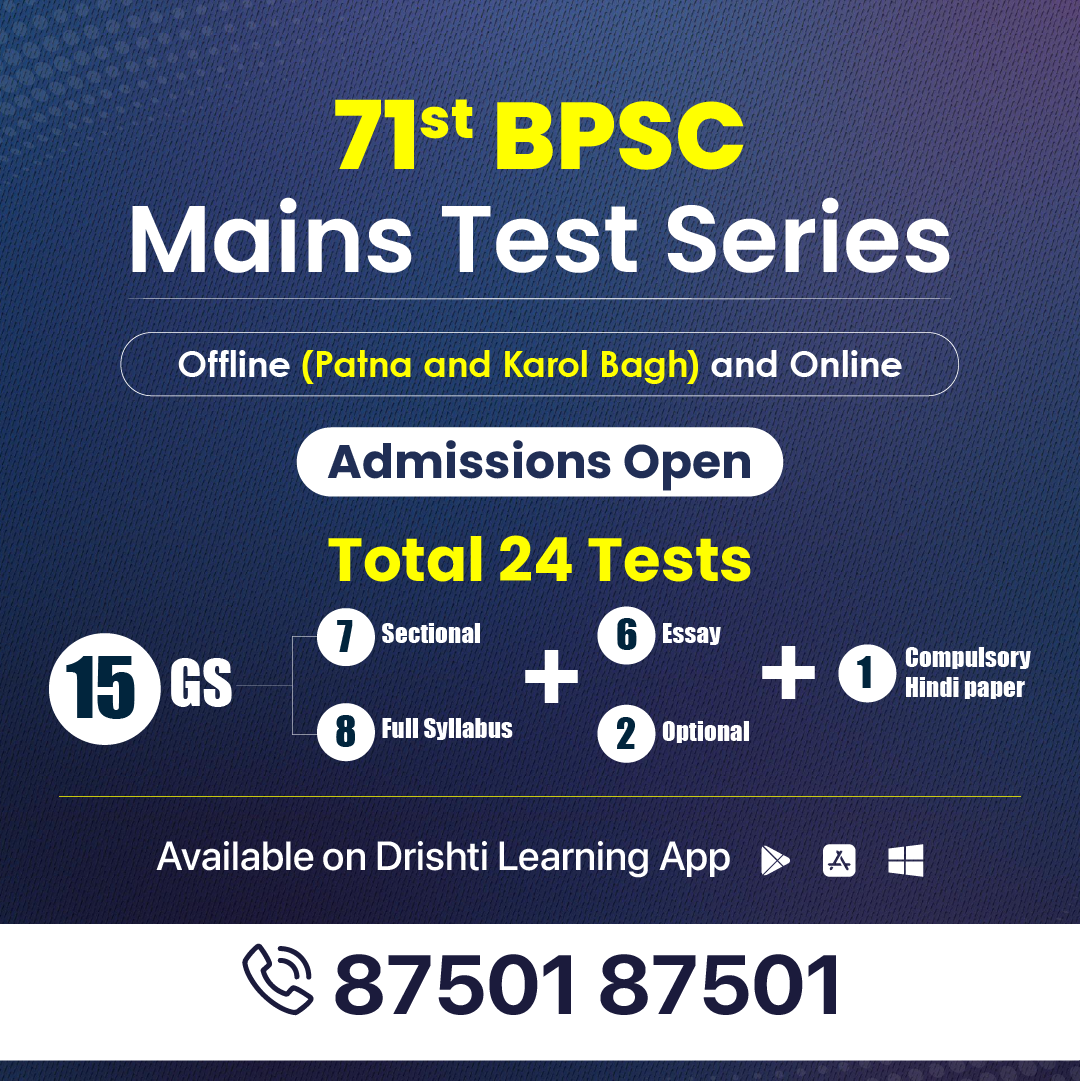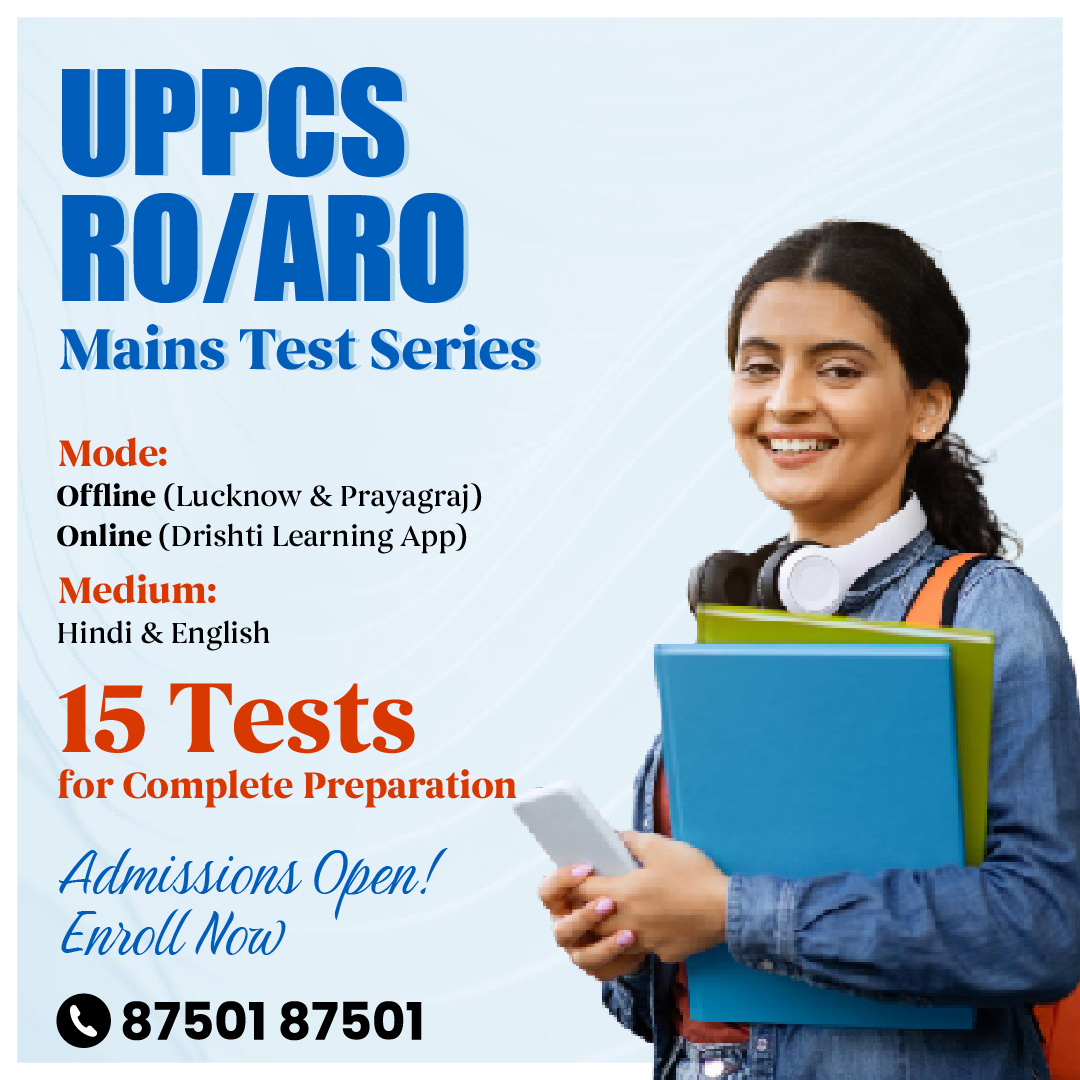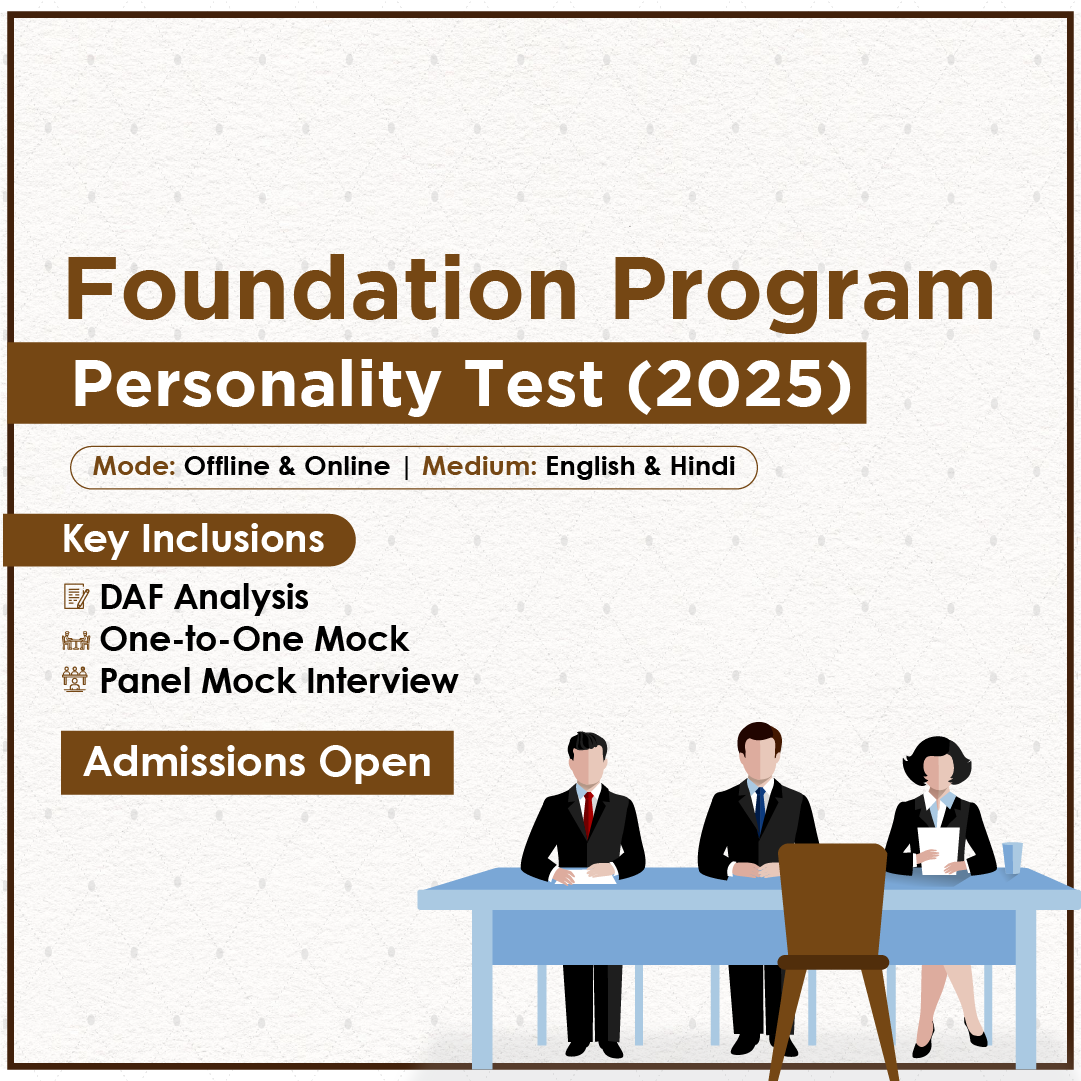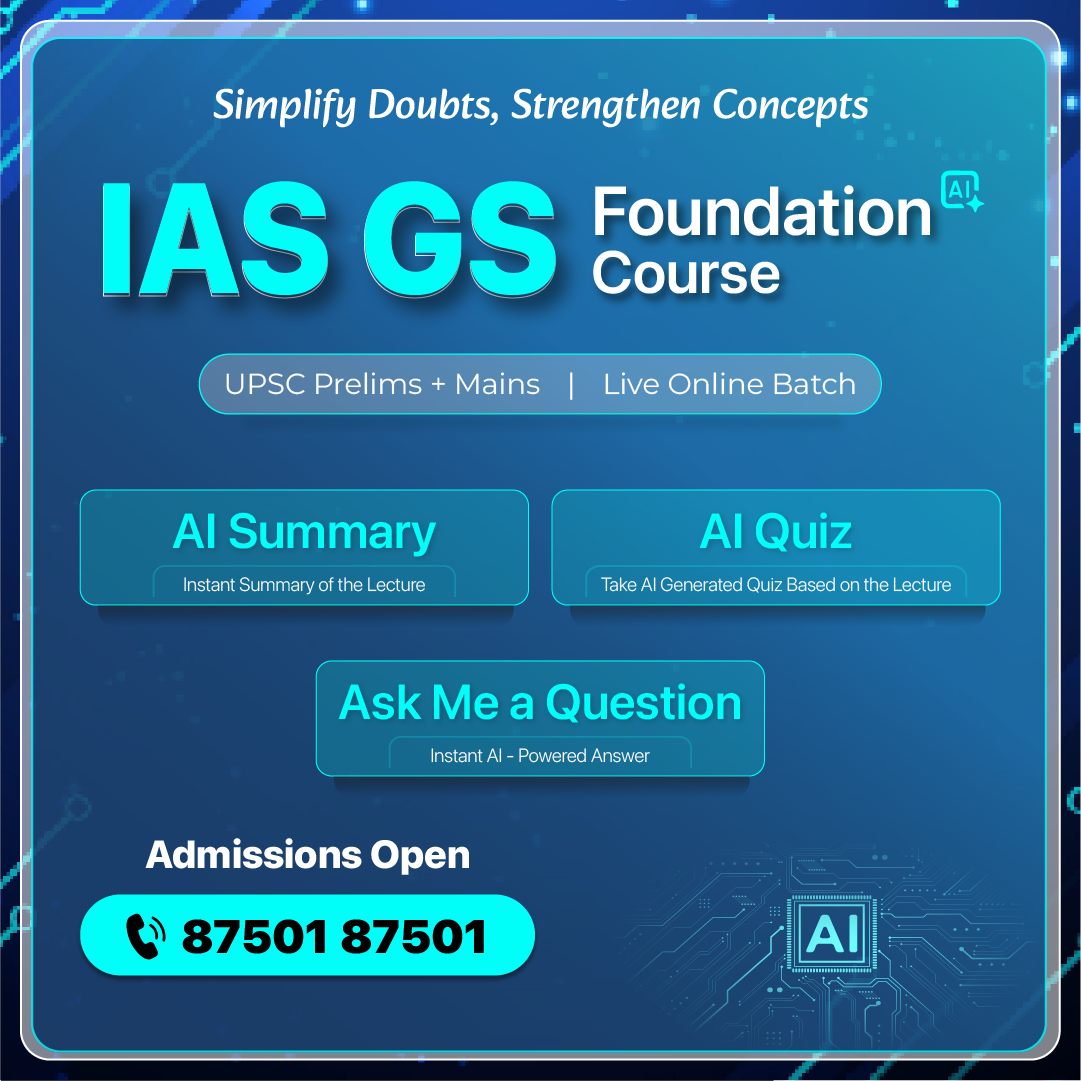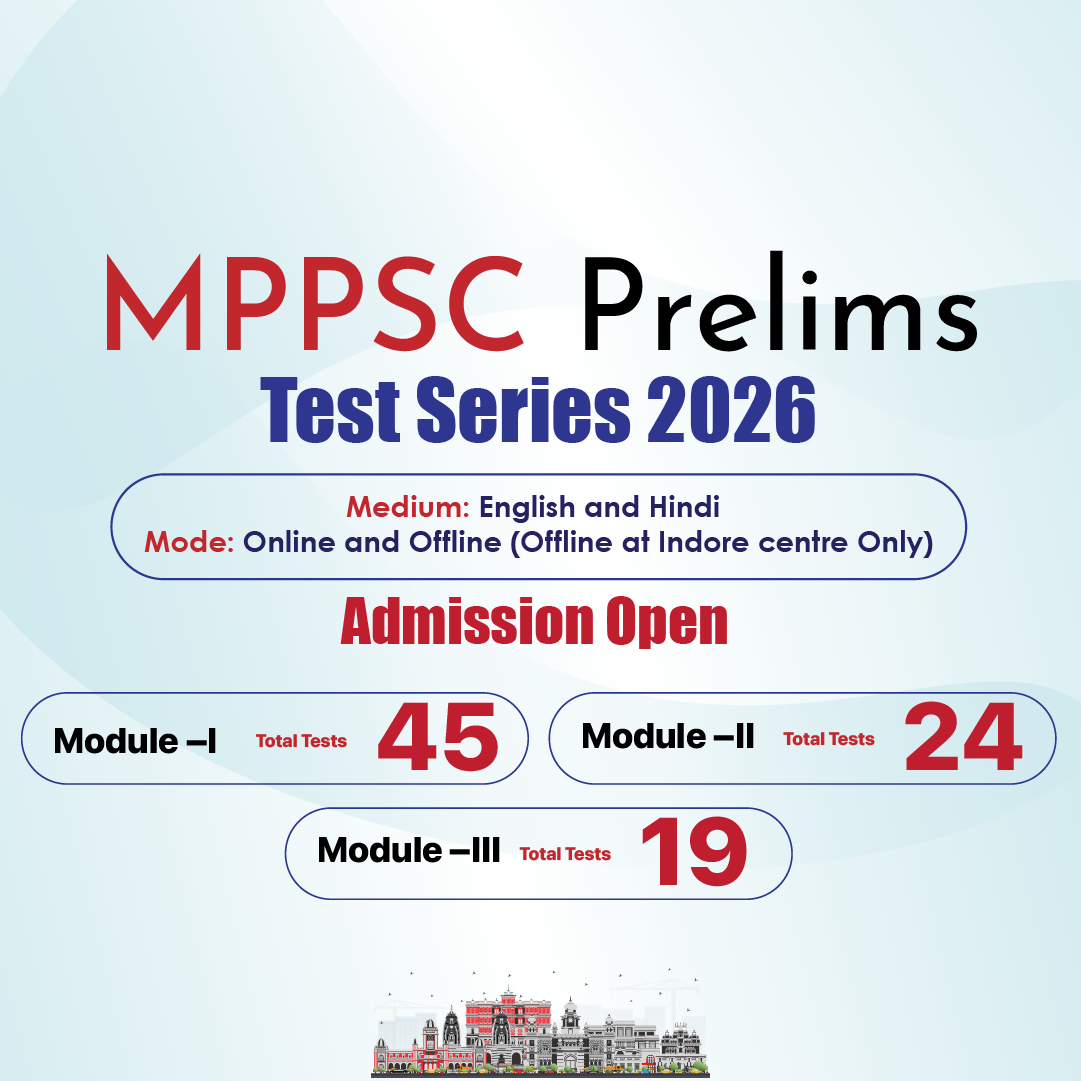Daily Free UPSC Mains Answer Writing Program
Prepare effectively for the UPSC Civil Services Mains Examination with our exclusive Daily Free Mains Answer Writing Practice Program tailored to meet the demands of UPSC aspirants. This program offers two UPSC-standard questions daily, meticulously designed to reflect the latest exam trends.
Each question is crafted to integrate current affairs with static topics, enabling aspirants to develop a well-rounded understanding of the syllabus. To help you excel, we provide detailed model answers/reference materials, equipping you with the tools to structure impactful responses and achieve high scores.
Our program also includes free answer evaluation. Aspirants can submit their answers and receive expert feedback to refine their writing skills. The evaluations focus on enhancing clarity, coherence, and precision—hallmarks of high-scoring answers in the Mains. Additionally, we offer guidance on essay writing, featuring well-researched topics, enriching reference materials, and free essay evaluations, empowering aspirants to excel in this crucial section of the exam.
Schedule for Daily Mains Answer Writing Program
| Day | Focus Area |
|---|---|
| Monday | GS Paper 1 – Indian Heritage, Culture, History, and Geography of the World and Society |
| Tuesday | GS Paper 2 – Governance, Constitution, Polity, Social Justice, and International Relations |
| Wednesday | GS Paper 3 – Economic Development, Science & Technology, Biodiversity & Environment, Security, and Disaster Management |
| Thursday | GS Paper 4 (Theoretical Questions) – Ethics, Integrity, and Aptitude |
| Friday | GS Paper 4 (Case Study) – Practical Ethical Scenario |
| Saturday | Essay Writing – Dynamic and well-researched topics |
Total Questions : 2973
-
Q. The French Revolution was both a political and social revolution. Critically analyse. (150 words)
27 Jan, 2026 GS Paper 1 History -
Q. Examine the role of the Himalayan mountain system in determining the climate, drainage, and population distribution of the Indian subcontinent. (250 words)
27 Jan, 2026 GS Paper 1 Geography -
Essay Topics
1.“Institutions endure when values outlive individuals.”
2. “In a connected world, empathy is the new currency of leadership.”
23 Jan, 2026 Essay Essay -
Case Study
You are the District Magistrate (DM) of a rapidly urbanising district. The State Government has approved a large urban infrastructure project involving construction of affordable housing and commercial complexes under a Public–Private Partnership (PPP) model.
One of the shortlisted private firms is owned by a close relative of your spouse. The firm has a strong technical record and offers the lowest financial bid. While the rules do not explicitly bar participation of relatives, media reports have begun questioning the transparency of the selection process.
At the same time, senior political executives informally indicate that clearing the project quickly is crucial for economic growth and employment generation. Delaying or recusing yourself may slow the project and invite allegations of inefficiency.
Your subordinates are divided, some argue that merit should prevail, while others warn that public perception of bias could damage the administration’s credibility.
Questions:
1. Identify the ethical issues involved in the above case.
2.What options are available to you as the District Magistrate?
3.Which course of action would you choose and justify your decision on ethical grounds.
4.How can institutional mechanisms be strengthened to prevent such dilemmas in public administration?
23 Jan, 2026 GS Paper 4 Case Studies -
Q. Discuss the significance of impartiality and non-partisanship in ensuring ethical governance. (150 words)
22 Jan, 2026 GS Paper 4 Theoretical Questions -
Q. Discuss the ethical challenges arising from overlapping private relationships in public offices. How can conflict of interest be institutionally addressed? (150 words)
22 Jan, 2026 GS Paper 4 Theoretical Questions -
Q. Discuss the fiscal and administrative sustainability of Public Distribution System (PDS) in the context of rising food subsidy bills. How can efficiency be improved without compromising welfare objectives? (250 words)
21 Jan, 2026 GS Paper 3 Economy -
Q. How far has India’s disaster management framework moved from a relief-centric approach to a mitigation- and resilience-based approach? Discuss with suitable examples. (250 words)
21 Jan, 2026 GS Paper 3 Disaster Management -
Q. How does deglobalisation challenge the principles of liberal international economic order? Examine its impact on developing countries, particularly in terms of growth, employment, and technology access. (250 words)
20 Jan, 2026 GS Paper 2 International Relations -
Q. Examine the challenges faced by Urban Local Bodies in India in delivering basic services in the context of rapid urbanisation. How can institutional and financial reforms enhance urban governance? (250 words)
20 Jan, 2026 GS Paper 2 Polity & Governance -
Q. Discuss the impact of the declining joint family system on social security, care economy, and inter-generational relations in India. (250 words)
19 Jan, 2026 GS Paper 1 Indian Society -
Q. Indian temple architecture reflects regional diversity within a shared civilisational framework. Discuss with suitable examples from Nagara, Dravida, and Vesara styles. ( 250 words)
19 Jan, 2026 GS Paper 1 Indian Heritage & Culture -
Essay Topics
1. Nature protects those who protect it.
2. Development is not merely the expansion of choices, but the cultivation of conscience.
17 Jan, 2026 Essay Essay -
Case Study
Dr. Ananya Rao is a senior drug regulator in a state where several pharmaceutical manufacturing units produce low-cost medicines, including paediatric cough syrups, for both domestic use and export. These medicines are widely used by economically weaker sections due to their affordability.
Recently, reports emerged that a batch of cough syrups manufactured by a local company was linked to the deaths of several children after consumption. Preliminary investigations indicated the presence of toxic contaminants due to the use of substandard raw materials and poor quality control. International media coverage has raised serious concerns about India’s pharmaceutical regulatory standards, affecting the country’s reputation as the “pharmacy of the world.”
The manufacturing company claims that it complied with existing regulations and argues that stricter enforcement and frequent inspections would increase production costs, making medicines unaffordable for the poor and harming export competitiveness. Some political and industry stakeholders have informally urged Dr. Rao to avoid drastic action such as suspension of licenses, citing potential job losses, investor backlash, and diplomatic sensitivities.
At the same time, families of the affected children are demanding accountability, criminal prosecution, and compensation. Public trust in the healthcare system and drug safety mechanisms is visibly eroding.
Questions
1.Discuss the ethical dilemma between affordability of medicines, industrial growth, and the principle of ‘non malfiance’ in Bio ethics ethics.
2.What options are available to Dr. Ananya Rao in responding to this crisis? Evaluate the ethical merits and limitations of each option.
3.What course of action should Dr. Rao adopt to uphold medical ethics, accountability, and public interest while ensuring long-term credibility of the health system? Justify your answer.
16 Jan, 2026 GS Paper 4 Case Studies -
Q. Public trust in administration is a function of value-based conduct rather than procedural efficiency alone. Discuss. (150 words)
15 Jan, 2026 GS Paper 4 Theoretical Questions -
Q. Emotional Intelligence is often described as the “moral compass of leadership.” Critically analyse this assertion with suitable examples. (150 words)
15 Jan, 2026 GS Paper 4 Theoretical Questions -
Q. Explain how advances in semiconductor technology underpin developments in AI, 6G communication, and quantum computing. (150 words)
14 Jan, 2026 GS Paper 3 Science & Technology -
Q. Cyber security has emerged as a critical pillar of national security in the digital age. Discuss the major cyber security challenges faced by India and evaluate the institutional, technological, and legal measures taken to address them. (250 words).
14 Jan, 2026 GS Paper 3 Internal Security -
Q. The effectiveness of regional groupings depends not only on institutional design but also on political will among member states.Critically analyse this statement with suitable examples. (250 words)
13 Jan, 2026 GS Paper 2 International Relations -
Q. How has competitive federalism complemented or conflicted with co-operative federalism in India? Illustrate your answer with recent policy initiatives and inter-state dynamics.(250 words)
13 Jan, 2026 GS Paper 2 Polity & Governance -
Q. The Treaty of Versailles and subsequent post–World War I settlements sowed the seeds of long-term instability. Analyze how boundary reconfigurations contributed to political and social tensions in Europe.(250 words)
12 Jan, 2026 GS Paper 1 History -
Q. Population growth in India is no longer a uniform challenge but a region-specific phenomenon. Discuss the demographic diversity across states and its implications for governance and federal policy planning. (250 words)
12 Jan, 2026 GS Paper 1 Indian Society -
Essay Topics
Q1.Technology empowers, but institutions humanise governance.
10 Jan, 2026 Essay Essay
Q2.Progress without purpose is movement without meaning. -
Case Study
Suresh is a District Magistrate in a socio-economically backward region where brick kilns, stone quarries, and small manufacturing units provide employment to a large number of unskilled and migrant workers. Many of these workers belong to marginalized communities and are heavily indebted to contractors due to advances taken for medical expenses, marriages, or survival needs.
Recently, a group of social activists submitted a complaint to Suresh’s office alleging the prevalence of bonded labour practices in several work sites. Workers are reportedly forced to work long hours at extremely low wages, are not allowed to leave until their debts are repaid, and face threats and physical intimidation if they attempt to escape. Identity documents are often confiscated by contractors, and children are also made to assist their parents at work sites.
The contractors deny the allegations, claiming that workers are employed voluntarily and that advance payments are a common practice. Some local political leaders and influential business owners, who have economic stakes in these units, have informally advised Suresh to “handle the matter sensitively” to avoid social unrest and disruption of local economic activity.
Media attention is increasing after the rescue of a bonded labourer revealed inhuman living conditions and custodial violence at one of the sites.
Questions
Q1. Identify the ethical issues involved in the case from the perspectives of bonded labourers, employers, and public authorities.
Q2. What options are available to Suresh in dealing with this situation? Critically evaluate each option.
Q3. As the District Magistrate, what course of action should Suresh adopt to uphold constitutional values, human rights, and ethical governance? Justify your answer.
09 Jan, 2026 GS Paper 4 Case Studies -
Q. Ethics operates at multiple levels, individual, organizational, and societal. Examine these dimensions of ethics and analyze how ethical failures at one level can undermine ethical governance as a whole.(150 words)
08 Jan, 2026 GS Paper 4 Theoretical Questions -
Q. In a society marked by growing materialism and individualism, human values often come under stress. Discuss the relevance of human values in ensuring ethical governance and inclusive development. Illustrate with suitable examples. (150 words)
08 Jan, 2026 GS Paper 4 Theoretical Questions -
Q. Discuss the institutional and procedural mechanisms adopted for gender budgeting in India. Evaluate the challenges in translating gender budget allocations into measurable social outcomes. (250 words)
07 Jan, 2026 GS Paper 3 Economy -
Q. COP-30 has been projected as a critical milestone for accelerating global climate action after the first Global Stocktake. Examine the significance of COP-30 in the context of strengthening Nationally Determined Contributions (NDCs) and bridging the ambition gap. (250 words)
07 Jan, 2026 GS Paper 3 Bio-diversity & Environment -
Q.“India’s governance challenge lies not in the absence of reforms but in persistent gaps in implementation.” Critically examine. (250 words)
06 Jan, 2026 GS Paper 2 Polity & Governance -
Q.“Constitutional provisions by themselves are insufficient to sustain democratic governance unless they are animated by constitutional morality.” Discuss. (250 words)
06 Jan, 2026 GS Paper 2 Polity & Governance


.png)
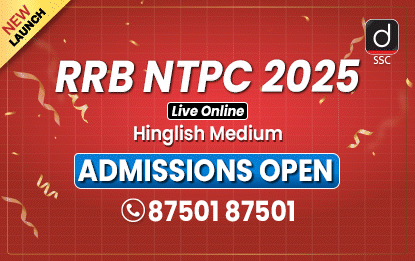
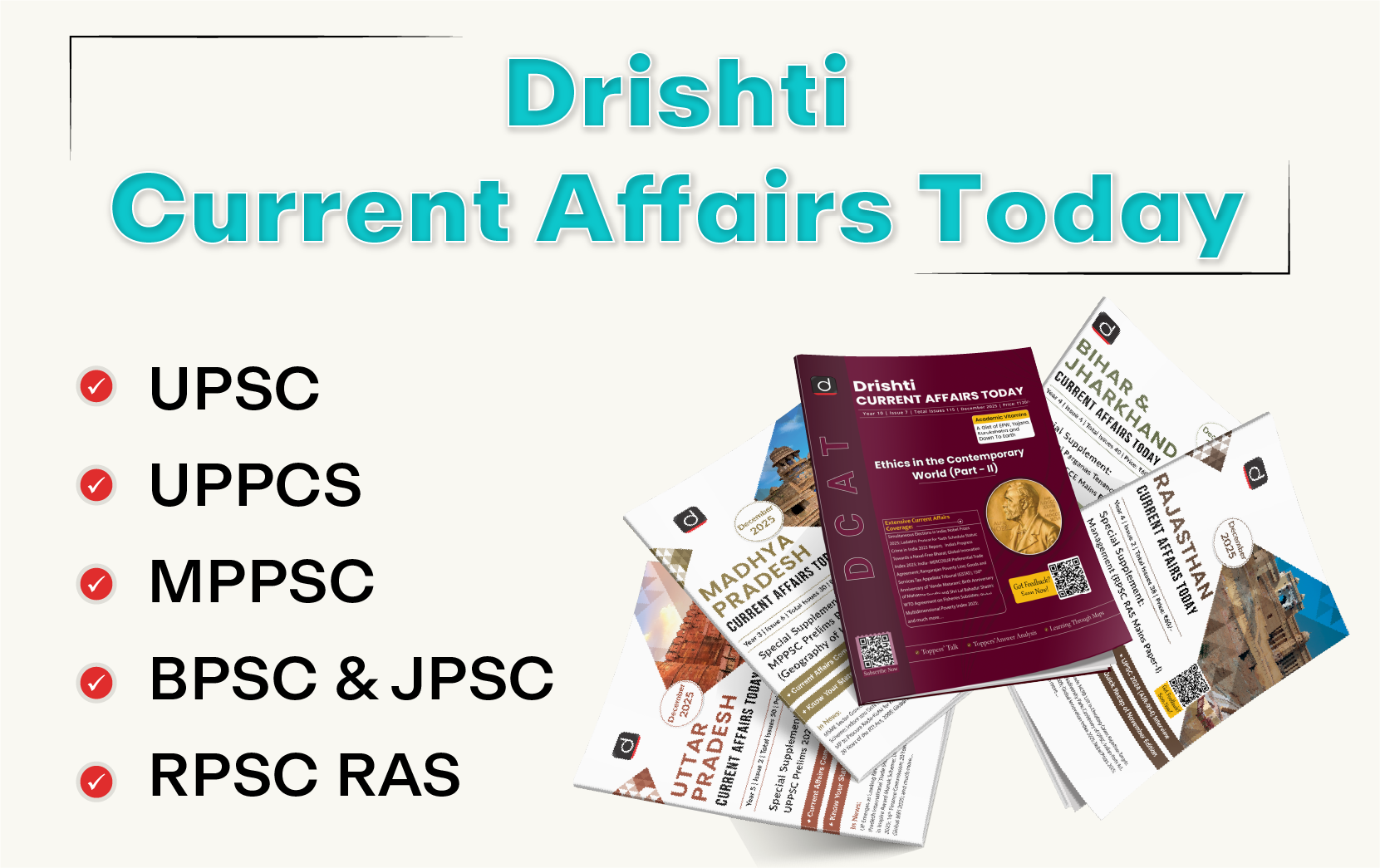

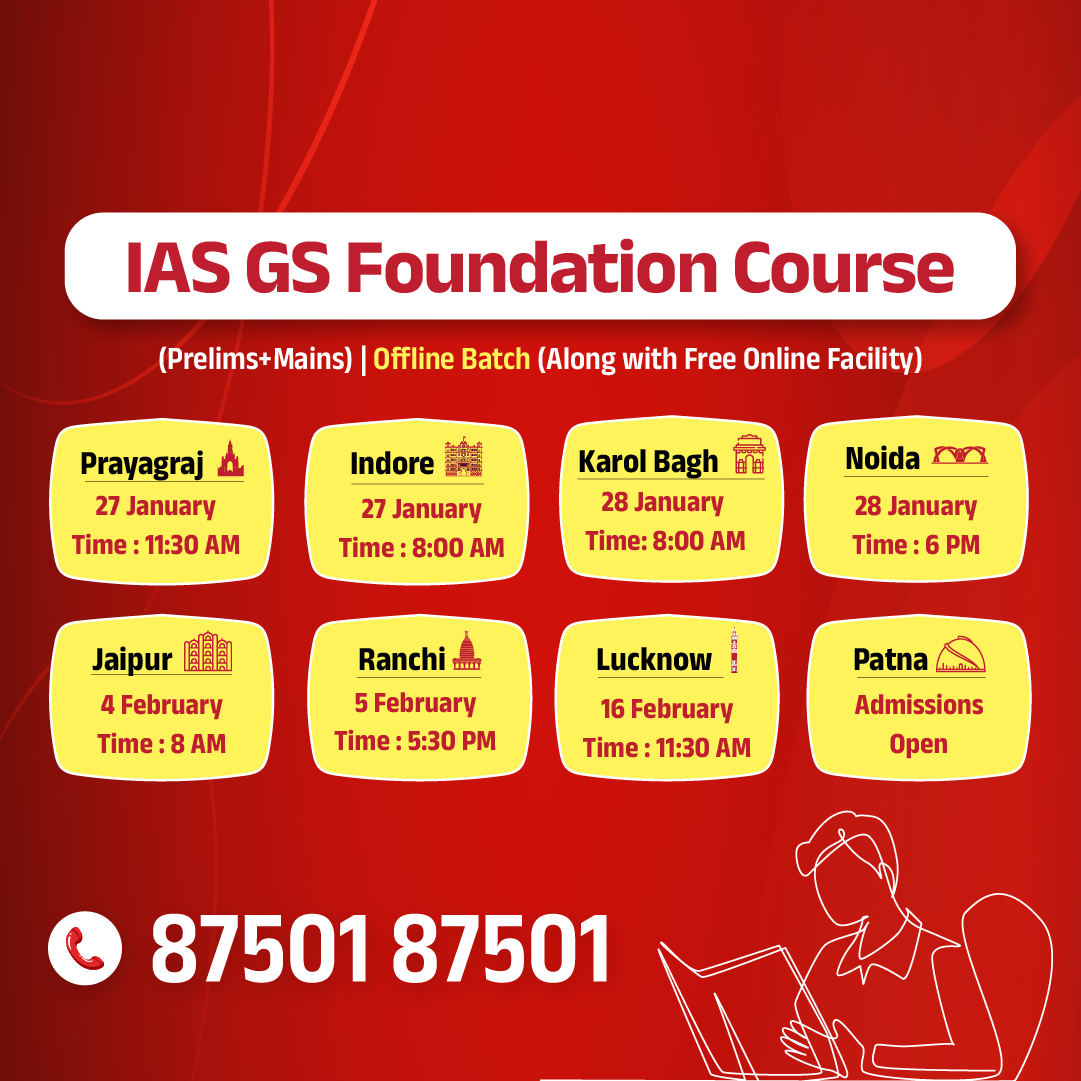

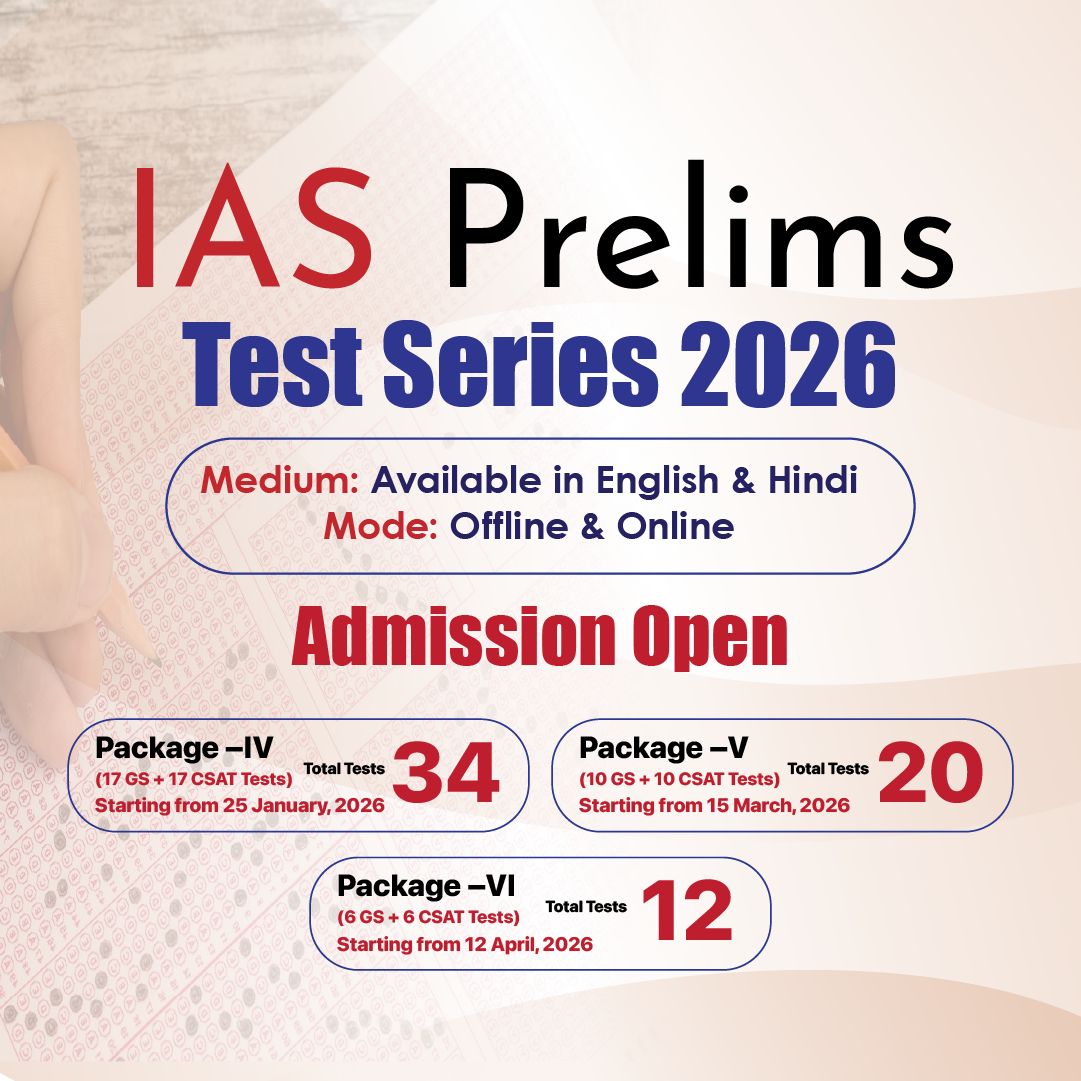



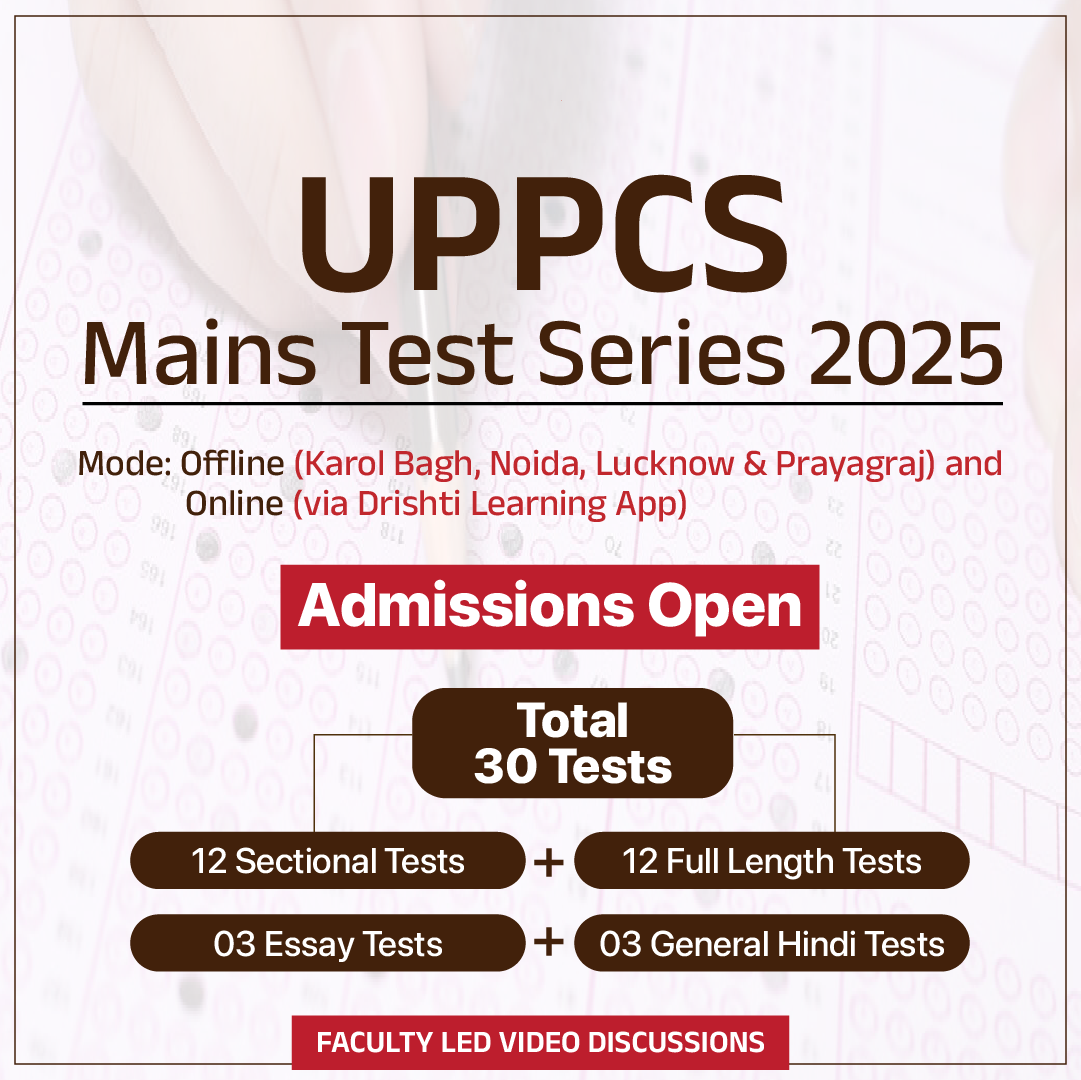
%20%202026-03-04-04-01.webp)
%20%202026-03-04-04-02.webp)
%20%E2%80%93%202026-03-01-01.webp)
%20%E2%80%93%202026-03-01-02.webp)

